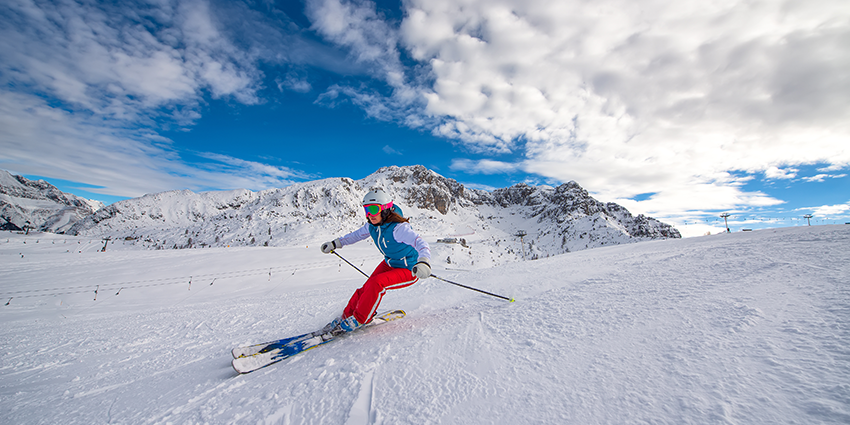What is a Graduate Sport Rehabilitator?
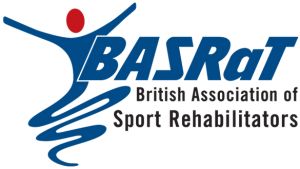 Graduate Sport Rehabilitators (GSRs) are degree trained healthcare professionals who specialise in musculoskeletal (MSK) conditions and injuries. They provide a spectrum of services aimed at rehabilitation, injury prevention and performance enhancement. A GSR has completed a British Association of Sport Rehabilitators and Trainers (BASRaT) accredited 3-year BSc honours degree or an accredited master’s degree with more than 400 Hours in placements ranging from professional and high level sports teams, Military events, Prisons, Private and NHS clinics amongst others.Read More
Graduate Sport Rehabilitators (GSRs) are degree trained healthcare professionals who specialise in musculoskeletal (MSK) conditions and injuries. They provide a spectrum of services aimed at rehabilitation, injury prevention and performance enhancement. A GSR has completed a British Association of Sport Rehabilitators and Trainers (BASRaT) accredited 3-year BSc honours degree or an accredited master’s degree with more than 400 Hours in placements ranging from professional and high level sports teams, Military events, Prisons, Private and NHS clinics amongst others.Read More

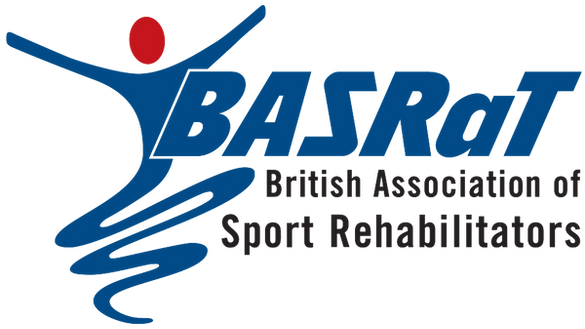
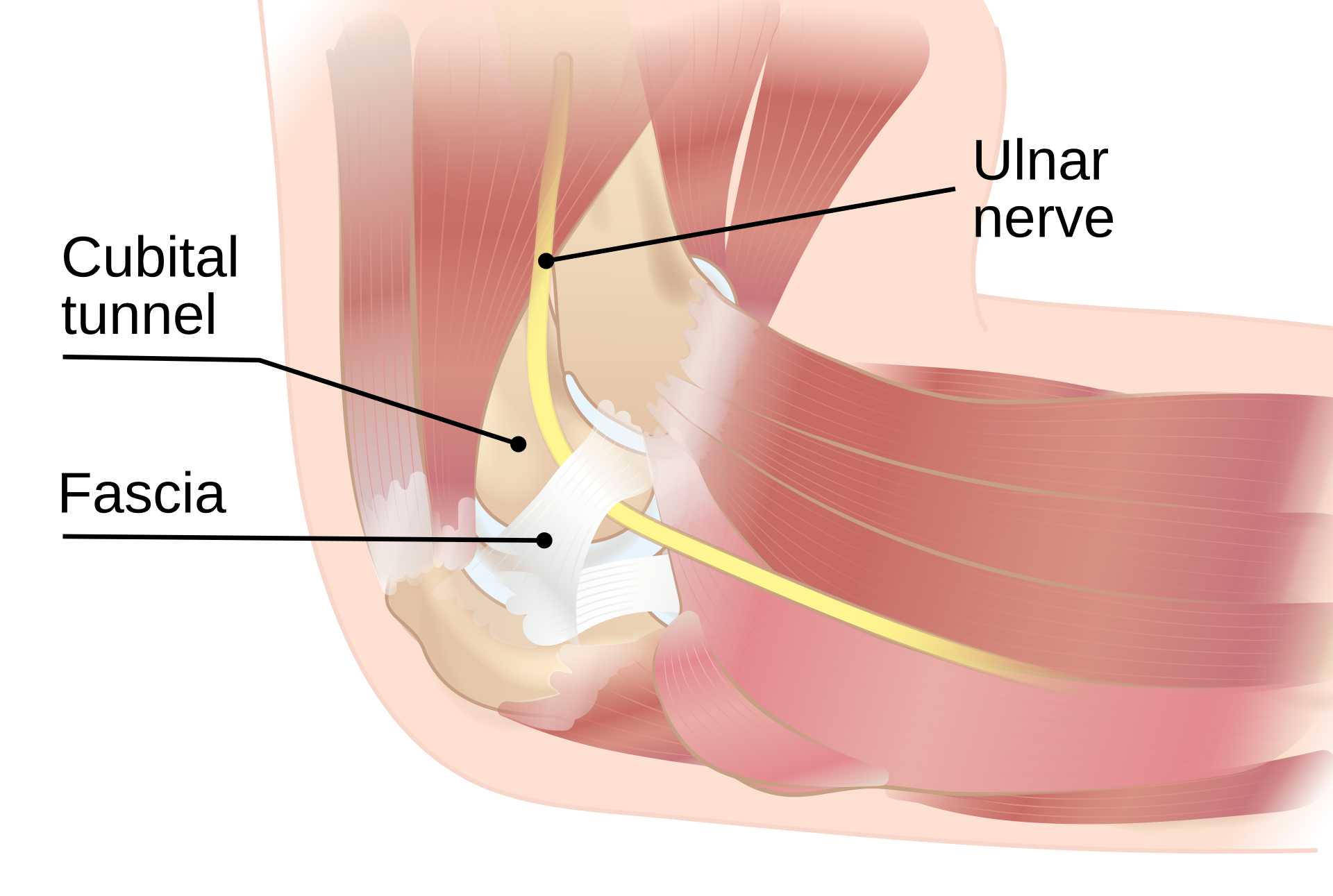
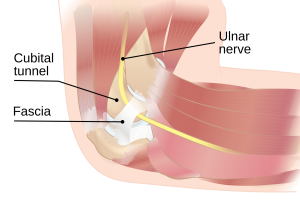 Did you know that your funny bone isn’t a bone? It’s the ulnar nerve. The largest nerve in the body that is not protected by muscle or bone, which is why it is so prone to injury and irritation in the cubital tunnel.
Did you know that your funny bone isn’t a bone? It’s the ulnar nerve. The largest nerve in the body that is not protected by muscle or bone, which is why it is so prone to injury and irritation in the cubital tunnel.